
All categories
Featured selections
Trade Assurance
Buyer Central
Help Center
Get the app
Become a supplier

(1085 products available)

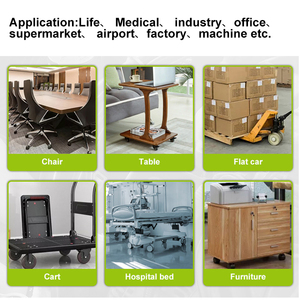


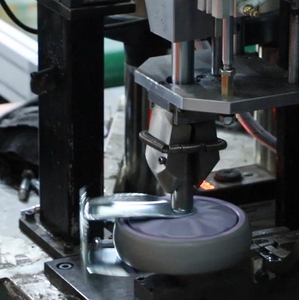
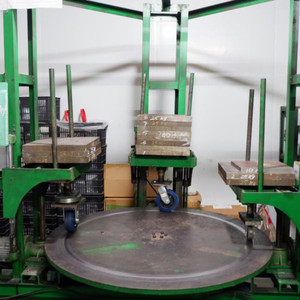



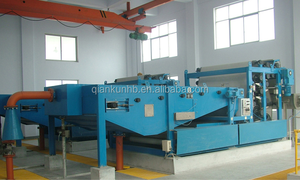
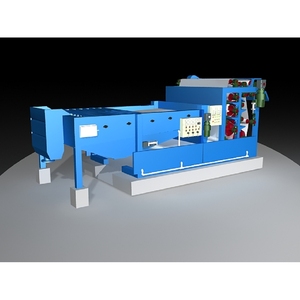





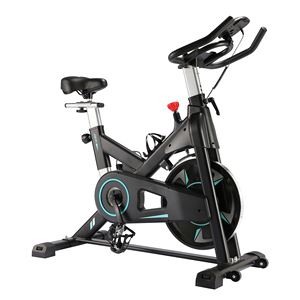
















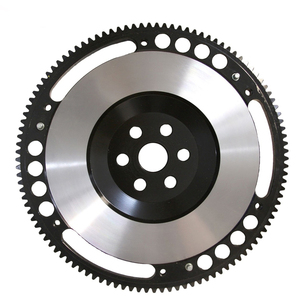

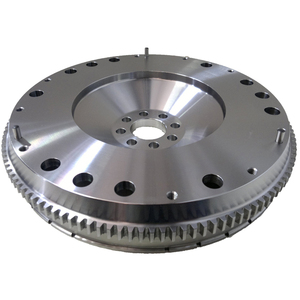
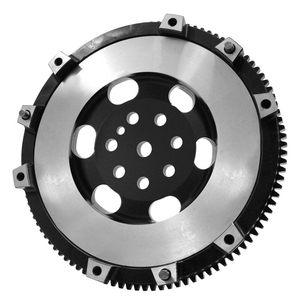





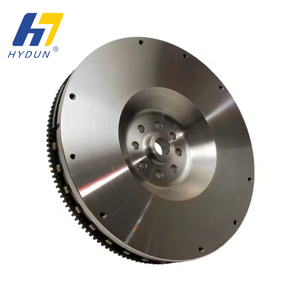


![Professional Free Energy Steel Casting] <strong>Flywheel</strong> 102kg Stamping Parts Maisto Fly Anvil Forged Magnesium Wheels Wheel](http://s.alicdn.com/@sc04/kf/Hf82ea8adf8f94cacae9c0a507f2ae430U.jpg_300x300.jpg)
![Professional Free Energy Steel Casting] <strong>Flywheel</strong> 102kg Stamping Parts Maisto Fly Anvil Forged Magnesium Wheels Wheel](http://s.alicdn.com/@sc04/kf/H056422ec6cf44f0ab79833e42525d540N.jpg_300x300.jpg)
![Professional Free Energy Steel Casting] <strong>Flywheel</strong> 102kg Stamping Parts Maisto Fly Anvil Forged Magnesium Wheels Wheel](http://s.alicdn.com/@sc04/kf/H7f4a111ae65a464d9afcfab566f037984.jpg_300x300.jpg)
![Professional Free Energy Steel Casting] <strong>Flywheel</strong> 102kg Stamping Parts Maisto Fly Anvil Forged Magnesium Wheels Wheel](http://s.alicdn.com/@sc04/kf/H1eb6901387624b7c8f31f7198e479745K.jpg_300x300.jpg)
![Professional Free Energy Steel Casting] <strong>Flywheel</strong> 102kg Stamping Parts Maisto Fly Anvil Forged Magnesium Wheels Wheel](http://s.alicdn.com/@sc04/kf/Ha518e10b46be456e94229277c8336a9dU.jpg_300x300.jpg)
![Professional Free Energy Steel Casting] <strong>Flywheel</strong> 102kg Stamping Parts Maisto Fly Anvil Forged Magnesium Wheels Wheel](http://s.alicdn.com/@sc04/kf/Hb6da9061aef342839eae0c8b39fbeb7cb.jpg_300x300.jpg)
pro flywheel are integral components in the field of fabrication services, specifically within casting services. This process involves shaping molten materials into desired forms by pouring them into a mold where they solidify. pro flywheel are widely used in various industries, from automotive and aerospace to construction and manufacturing, due to their ability to create complex shapes and intricate designs with precision. The versatility and durability of pro flywheel make them essential for producing high-quality components that meet specific technical and aesthetic requirements.
Within the realm of pro flywheel, there exists a diverse range of casting methods, each tailored to specific applications and materials. Common types include sand casting, die casting, investment casting, and centrifugal casting. Sand casting is known for its flexibility in producing large and intricate shapes, making it suitable for heavy-duty industrial applications. Die casting, on the other hand, is ideal for high-volume production of components with excellent dimensional accuracy and surface finish. Investment casting is favored for its ability to produce complex geometries and fine details, often used in aerospace and medical industries. Centrifugal casting is particularly effective for creating cylindrical components with uniform properties, such as pipes and bearings. Each type of pro flywheel offers unique advantages, ensuring the optimal production process for various requirements.
The primary function of pro flywheel is to transform raw materials into precise, functional components that meet specific design and performance criteria. This process allows for the creation of parts with intricate shapes and complex geometries that would be difficult or impossible to achieve through other manufacturing methods. Key features of pro flywheel include high dimensional accuracy, excellent surface finish, and the ability to produce components with a wide range of mechanical properties. Additionally, casting services provide the flexibility to work with various materials, including metals, plastics, and ceramics, enabling the production of parts tailored to specific applications. The adaptability and precision of pro flywheel make them indispensable in industries where quality and performance are paramount.
pro flywheel utilize a variety of materials, each selected based on the desired properties and application of the final product. Common materials include aluminum, steel, iron, bronze, and plastics. Aluminum is favored for its lightweight and corrosion-resistant properties, making it ideal for automotive and aerospace applications. Steel and iron are chosen for their strength and durability, often used in heavy machinery and construction components. Bronze is appreciated for its excellent wear resistance and is frequently used in bearing applications. Plastics are selected for their versatility and ability to produce lightweight components with specific characteristics. The choice of materials in pro flywheel is crucial in achieving the desired performance, durability, and aesthetic appeal of the final product.
To maximize the benefits of pro flywheel, it is essential to understand the specific requirements of the project and select the appropriate casting method and materials. Begin by analyzing the design specifications, including dimensions, tolerances, and mechanical properties, to determine the most suitable casting process. Collaborate with skilled professionals to ensure the mold design is optimized for efficient production and high-quality results. Consider the environmental factors that may affect the casting process, such as temperature and humidity, and implement necessary controls to maintain consistency and quality. Proper maintenance and inspection of pro flywheel equipment are vital to prevent defects and ensure the longevity of the molds. By carefully planning and executing each step of the casting process, businesses can achieve superior outcomes and enhance the value of their products.
Choosing the appropriate pro flywheel for your project requires a thorough understanding of the specific needs and objectives. The first step is to analyze the design specifications, including the complexity of the shapes and dimensions required. Consider the material properties desired in the final product, such as strength, weight, and resistance to environmental factors. Different casting methods cater to various materials and design intricacies, so aligning these with your project's needs is crucial. Additionally, evaluate the production volume and cost-effectiveness of the pro flywheel options available. High-volume projects may benefit from methods like die casting, which offers excellent dimensional accuracy and surface finish.
Another key consideration is the expertise and capabilities of the service provider. Look for providers with a proven track record in delivering high-quality pro flywheel and who possess the necessary certifications and industry experience. Assess their facilities and equipment to ensure they can handle the specific requirements of your project. Collaborating with experts who understand the nuances of different casting techniques can significantly enhance the quality and efficiency of the process. This collaboration is essential in optimizing mold design and selecting the most suitable materials for the pro flywheel process.
One common challenge in pro flywheel is achieving the desired dimensional accuracy and surface finish. Variations in temperature and material properties can impact the final product, requiring careful monitoring and control throughout the process. Another challenge is the potential for defects, such as porosity or misalignment, which can compromise the integrity of the cast components. Implementing rigorous inspection and quality control measures is essential to address these issues effectively.
The choice of materials in pro flywheel significantly influences the properties and performance of the final product. For instance, aluminum offers lightweight and corrosion-resistant properties, ideal for applications requiring reduced weight and durability. Steel provides strength and wear resistance, suitable for heavy-duty components. Each material presents unique challenges in terms of melting point, cooling rate, and mold interaction, necessitating tailored approaches to achieve optimal results.
Selecting the right pro flywheel method involves considering several factors, including the complexity of the design, production volume, and desired material properties. Sand casting is suitable for large and intricate shapes, while die casting excels in high-volume production with precise tolerances. Investment casting is ideal for complex geometries with fine details, and centrifugal casting is effective for cylindrical components. Each method offers distinct advantages, making it important to match the process with the specific requirements of your project.
Yes, pro flywheel can be tailored to meet the unique demands of different industries. For example, the automotive industry may require components with high strength and lightweight properties, while the aerospace sector may prioritize precision and resistance to extreme conditions. Customization involves selecting appropriate materials, designing molds to accommodate specific geometries, and implementing industry-specific standards and practices to ensure the final product meets the necessary criteria.
Environmental considerations in pro flywheel include the choice of materials and energy consumption during the casting process. Opting for sustainable materials and implementing energy-efficient practices can reduce the environmental impact. Additionally, managing waste and emissions through recycling and filtration systems is crucial. Understanding the environmental implications of different casting methods and materials allows for informed decisions that align with sustainability goals.